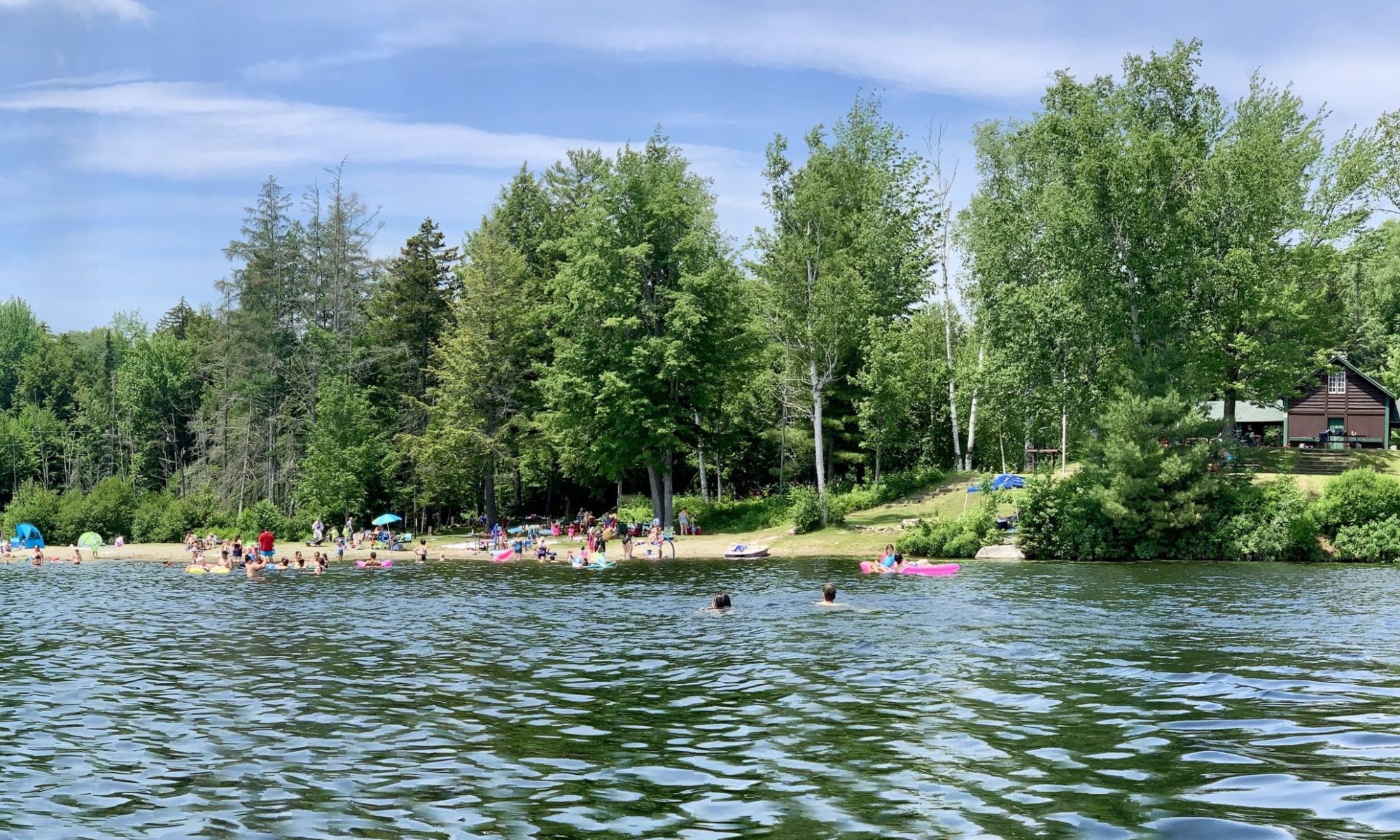Sarah Doucette lives in Whitefield and is a longtime North Country Alliance for Balanced Change board member. This op-ed was published Sept. 22, 2022 in the Concord Monitor.
Congratulations to the 256 NH representatives (80% of the House) and 11 senators who stood with the people of New Hampshire to defend our precious clean waters and override the governor’s veto of HB 1454. That bill could have protected us statewide from preventable landfill contamination.
Sadly, 12 senators followed the lead of Governor Sununu in declining to enact the legislation. The reasons given are a model of political obfuscation. Their suggested need for more study cannot stand in the face of neighboring states demonstrating long success using the same science-based regulations.
Nor can their resistance stand in the face of the devastating contamination of Merrimack’s waters from the Saint-Gobain site, the pollution of North Hampton’s waters by the Coakley landfill, and many other New Hampshire communities’ need for water remediation projects that prove terribly costly in both human suffering and millions of dollars.
Did you know that the NH Dept. of Environmental Services is involved in cleanup activities at 22 Superfund sites in New Hampshire? In addition, DES is trying to address damage around the state from PFAS, hazardous waste, petroleum products, MtBE (a gasoline additive) and other pollutants at various contaminated “brownfield” properties around the state. (See their website to learn more.)
The defeated bill would have averted the predictable contamination of more of our communities. Where are the loyalties of our legislators and our governor in opposing such protection?
They had a year to get the facts straight and participate in discussions and desired revisions before they chose to defeat this critical, protective legislation.
Citizens, businesses, municipal boards, and conservation organizations, including over 1,800 people who signed a petition for the veto override, stated their concerns and support through many months of consideration. The governor and dissenting legislators apparently believe they know better than the people they represent and feel free to disregard citizens’ experiences, insights and priorities in favor of their own purposes.
A New York Times article of Sept. 19 noted, “The power to set government policy is becoming increasingly disconnected from public opinion.”
On Sept. 18, National Public Radio asked for readers’ input noting, “polls show a majority of Americans in favor of something, whether it’s universal background checks on gun purchases, access to some form of legal abortion, or protections for Dreamers. Yet lawmakers can’t or won’t pass legislation supported by the majority of Americans.”
If we find our political decision-makers abdicate the privilege of public service for personal or private gains or corporate collusion, they should be held to account at the ballot box in November. Maybe aspiring candidates can serve the public good with more respect, integrity and transparency than what we are seeing in our districts now.
Let’s research our options to learn the values, records, responsiveness and loyalties of candidates up and down the ballot on Nov. 8. Let’s vote for those who will commit to voters’ priorities and honor the public’s voice in a truly democratic process.





